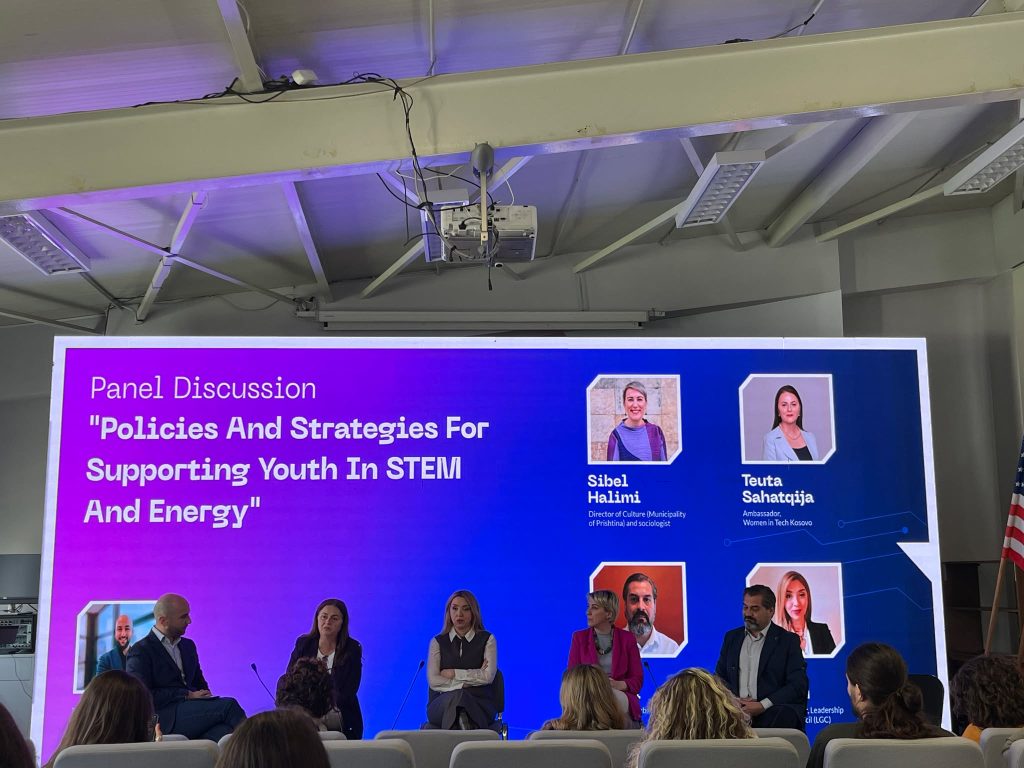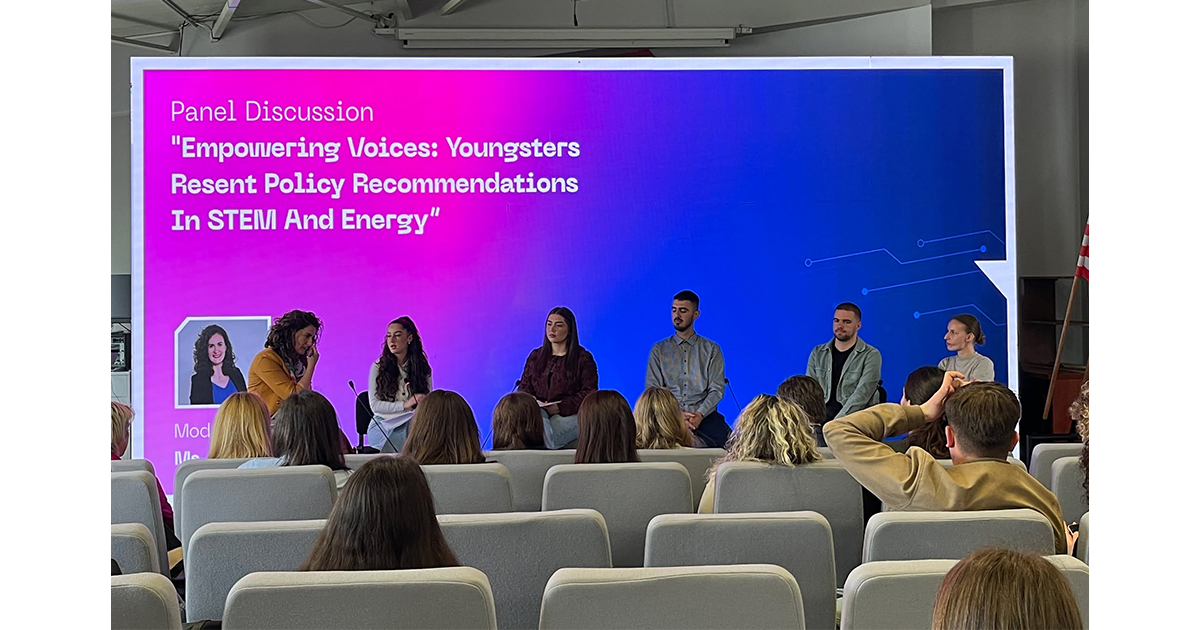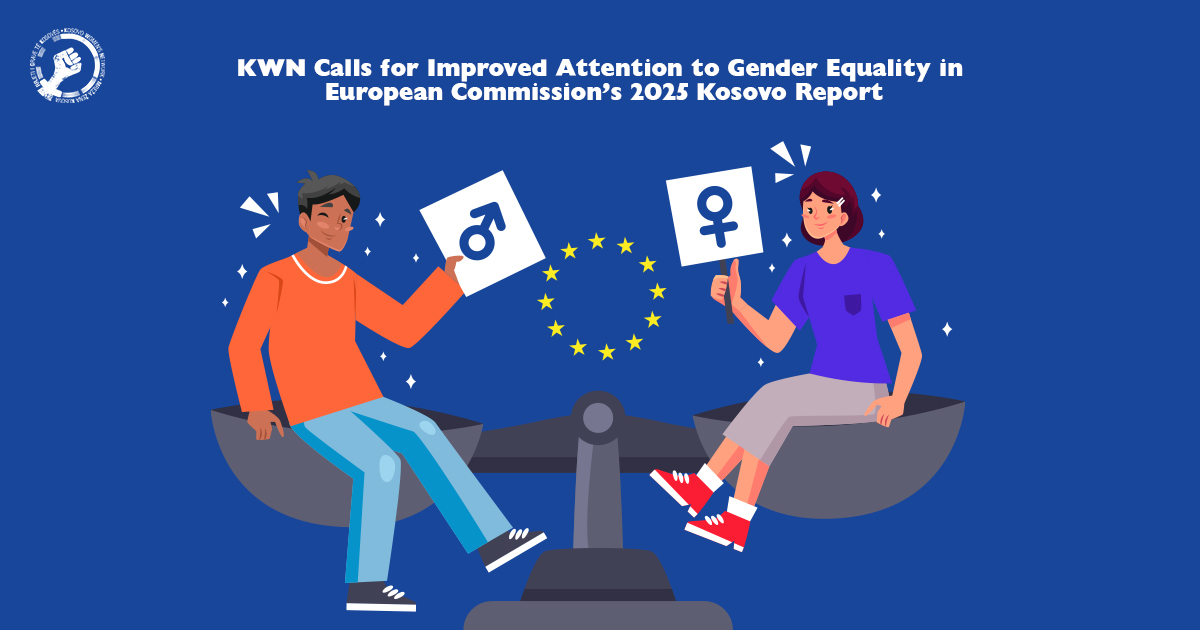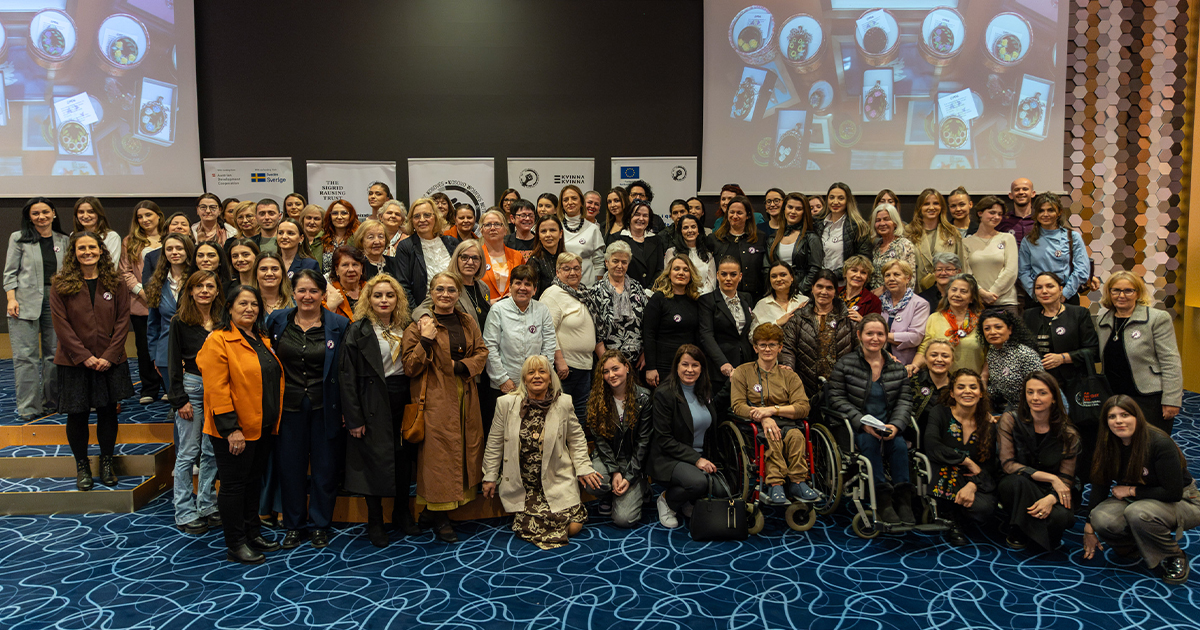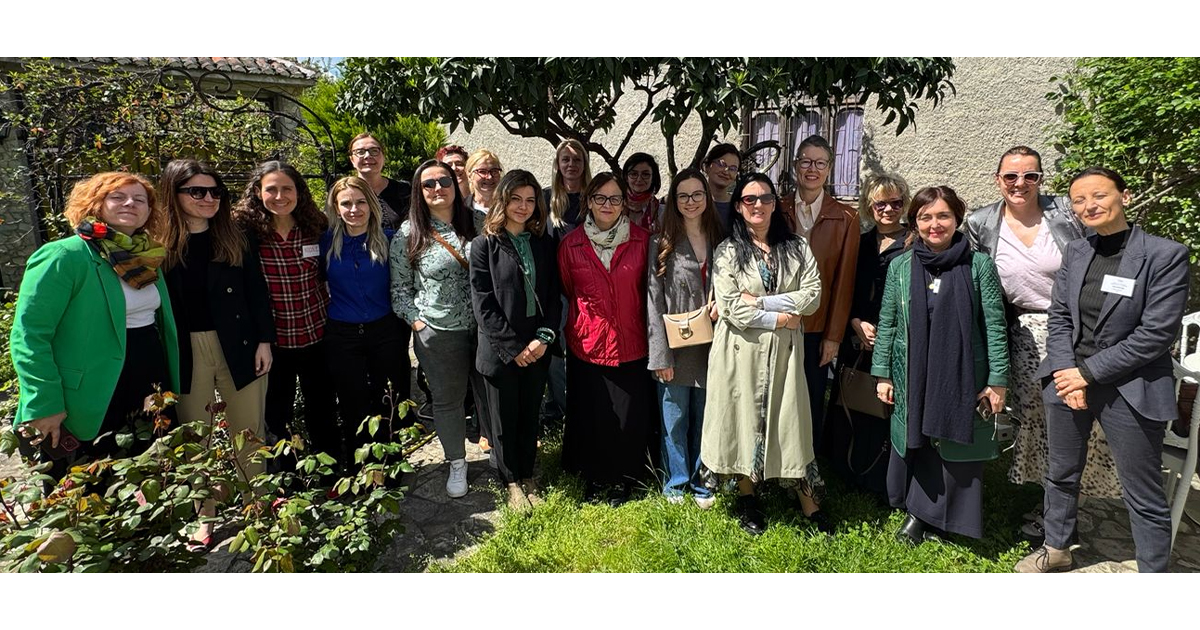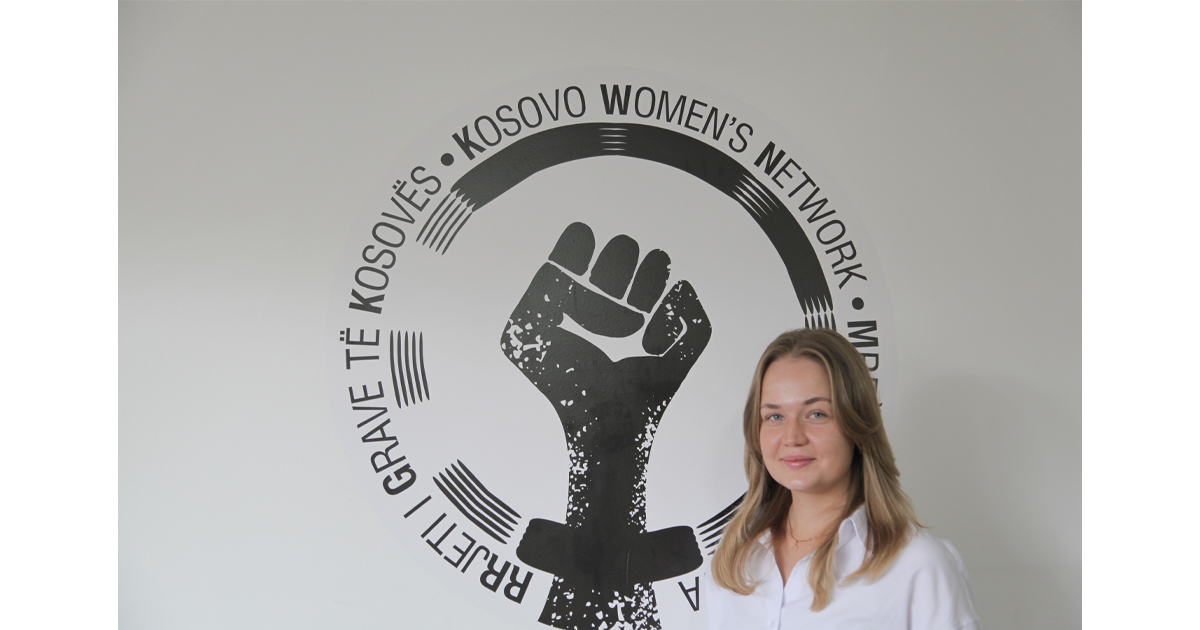To mark the 10th anniversary of Girls in Information and Communications Technology (ICT) and the International Day of Girls in ICT, The Foundation House (formerly IPKO Foundation), a Kosovo Women’s Network (KWN) member, organized a powerful conference at the Rochester Institute of Technology (RIT) Kosovo campus on April 24th. Celebrating a decade of inspiring and empowering young women in technology, the event aimed to raise awareness and create a local environment that encourages girls and young women to pursue careers in ICT. In collaboration with RIT Kosovo, The Foundation House has been organizing impactful events for ten years, offering a platform to share success stories, foster networking, and create new opportunities for young women and professionals in the ICT sector.
Ms. Artane Rizvanolli, the Minister of Economy, spoke about the progress made by girls and women pursuing studies in STEM and Energy fields. She highlighted the scholarships offered to encourage more girls and women to enter these areas.
Abetare Gojani, the Executive Director of The Foundation House, spoke about the journey of a decade of growth and impact. She highlighted the major project focused on girls in ICT, an initiative that provides each girl in Kosovo not just the opportunity to use technology, but to develop it further. A decade later, more than 3,000 girls have walked through the doors of The Foundation House. “Today, a decade later we continue to believe that when you believe in a girl, she transforms the world”, she said among other things in her speech. “But despite the progress, the data speaks clearly: today, over 55% of graduates in STEM and ICT fields are women, yet only 3.5% are part of the labour market in these sectors. This is a call to action—because talent has no gender”, said Ms. Gojani.
Çamërie Mazreku, a Software Engineer at Netflix, led an inspiring conversation that filled the room with motivation. Seeing a fellow woman in such a prestigious position at a company like Netflix deeply inspired the girls already pursuing careers in these fields. With a lot of determination and hard work, she said that no matter where you come from, you can always achieve the dreams you have, and that comparison can kill a lot of dreams, as we often have a lot more potential than we think we do.
She said that is important to work and not give up on what you want and invest time and energy in yourself. “Companies invest in people who invest in themselves,” said Mazreku.
The conference continued with a panel discussion: Empowering voices: Youngsters present policy recommendations in STEM and Energy- moderated by Rinora Gojani, the young panellists: Ema Rudi, Florinda Hasani, Ema Nallbani, Shefki Sllamani and Florent Sahiti.
They all shared experiences of the struggles they face as students within the STEM and Energy fields, giving recommendations to institutions and more. One of the problems is the decrease in the number of study hours in STEM and energy fields.
“Anything I can imagine, I should be able to do”, said Florinda when they were asked why they went into studying these fields.
Another panel discussion followed with the topic: Policies and Strategies for supporting youth in STEM and Energy, the panellists Sibel Halimi – Director of Culture at the Municipality of Prishtina, Teuta Sahatqija – Ambassador, Women in Tech Kosovo, also a member of KWN, Laura Kyreziu – Executive Director of Leadership and Growth Council, Vigan Perani – Architect and Urban Planner.
With a changing environment in the fields of STEM and Energy the situation is different now from how it used to be, but we need better collaborations between institutions, the University of Prishtina and businesses, offering jobs to women, including them more in the work force.
Ms. Sahatqija reflected on her past, recalling a time when she was the only female student in her field. She shared how, in our society, it was commonly believed that math was too difficult for women, and that they should pursue something lighter and easier instead.
Continuing with workshops, the conference featured an AI & Cybersecurity Hackathon, Military Activity with Kosovo Security Force officials, and a Drones & GIS Mapping session guided by FSK experts.
The International Girls in ICT at R.I.T Kosovo ended with a job fair, offering the participant a great chance to get familiar with possible places to get to work and encourage them to apply for also give career exposure.
The International day of Girls in ICT at R.I.T Kosovo ended with a job fair, offering the participant a great chance to get familiar with possible places to get to work and encourage them to apply for also give career exposure.
